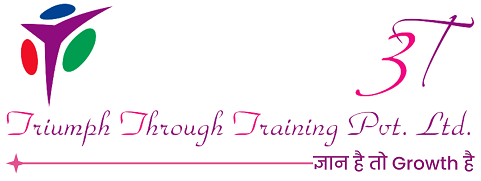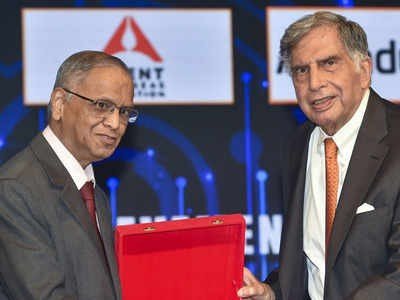A Complete Professional?
Do you remember seeing the Raymonds ad campaign positioning the image of ‘The Complete Man’ as was also their punchline? An ideal homo sapien male doing justice to the different roles, relations, responsibilities, by utilizing the impressive resources at his disposal. A fallacy for I think, what is ideal is generally not real, but it impressed most nonetheless as evident from the popularity of the brand till a decade back.
On somewhat similar lines, when clients ask us to conduct a session on ‘Professionalism’ their expectation is to make fantastic brand ambassadors of their employees, in every way. So, the question arises: who is a thorough professional? An individual who possesses and does active demonstration of competence expected at her/his position.
So, take a moment and bring to your mind’s eye a person you worked with, or met, whom you consider to be a professional. I immediately relate with Late Dr. A.P.J. Abdul Kalam, and a couple of my seniors and colleagues. You may come up with names of managers, leaders, experts from the CA, CS, Medical, Engineering, Event Management, Sports, Business, or some other sphere. Next, what impressed you the most about them? Their dressing sense and grooming—jacket and tie, or a neatly pleated sari in case of a female, or a business suit? Their impeccable business etiquette and mannerisms—a firm handshake, courtesy, and a positive body language? Their crisp, clear, concrete, and concise communication? Their never-give-up attitude, irrespective of the circumstances? Their hard skills based on exhaustive knowledge and experience which showed the domain expertise which you looked up to? Or most importantly, their ethical decision making–quite a rarity these days, and hence a novel quality?
To better understand, imbibe and evaluate whether you are a professional in a sense, or not, let me share what I call the Hardware and Software of a Professional. For easy recall, Hardware is denoted by the acronym ABC which stands for Appearance, Behaviour, and Communication, while Software by ASKE i.e. Attitude, Skills, Knowledge, and Ethics. This will enable you to do a self-analysis and find out what aspects of professionalism are strongly projected by you, and which ones need to be honed further?
Now, the benchmark for professionals keeps changing with time, type of industry, organization culture—both external and internal factors. For instance, the appearance norms related to formal dressing; but in a number of corporates now the SOPs allow semi-formal, or even Friday dressing since it is important for employees to feel comfortable, to give their best. Similarly, when moving out of a board room, the male colleagues used to hold the door to let the ladies move out first, as a courteous gesture; contrarily, the females now take offense and need no such privileges now since they compete shoulder to shoulder. Official emails used to begin with ‘Dear Sir’, being replaced with ‘Hi’ and addressing seniors, colleagues, and subordinates with their first names. Nothing wrong ‘with what’ was or ‘what is’. At the end of the day, clothes and manners alone do not make a person professional, but when they are made, they greatly improve their appearance and credibility!
To conclude, I think what matters the most is the performance of an individual—whether the employee KPIs (Key Performance Indicators) are being met, leading to departmental and organizational growth. High performance is dependent on skillset + mindset. But it would be incorrect to state that the other competencies discussed above can be ignored completely. It’s somewhat like—if I am going for an important client meeting, would I be cautious to follow the professional norms, or risk to go against the tide? Hence, in my opinion professionalism requires knowledge and consistent practice of providing qualitative inputs and the zeal to excel in every responsibility or project undertaken—whether big or small. The reputation builds accordingly, automatically…




1 Comment
Zubair Khan
awesome